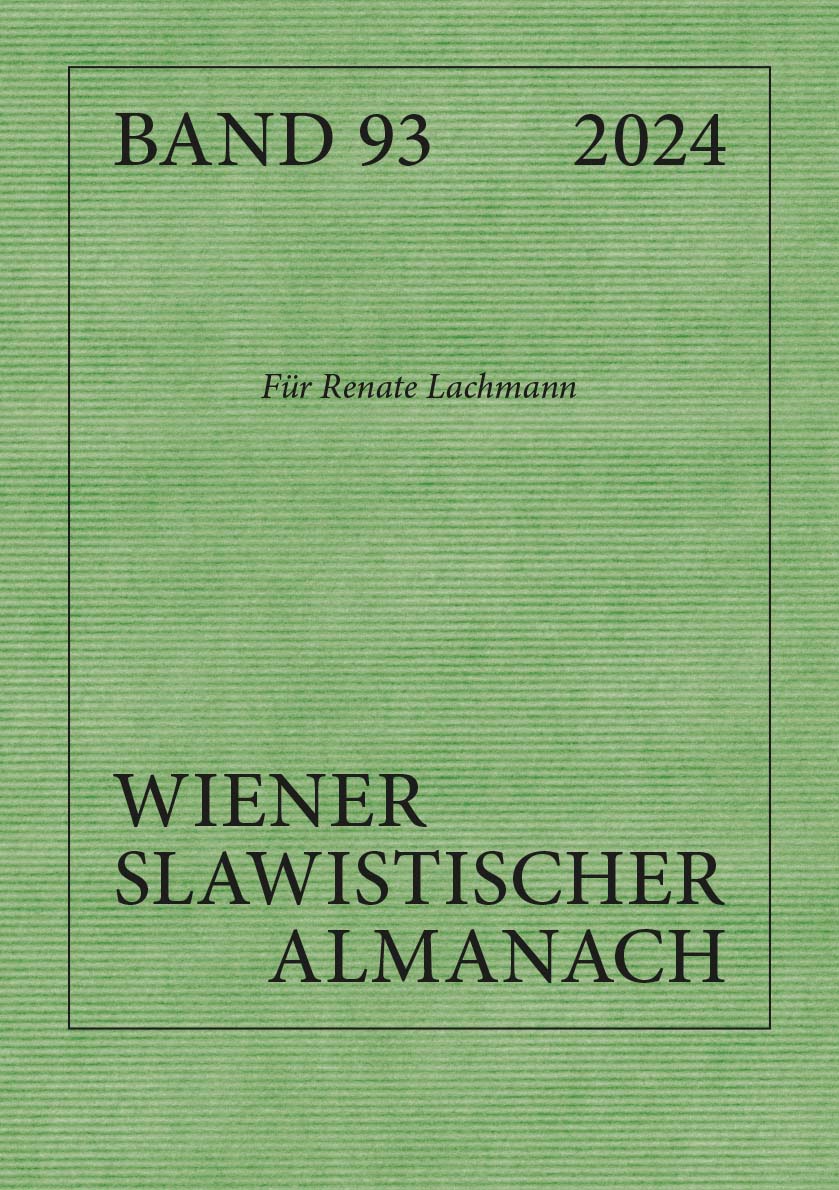Erich Auerbach und Vladimir Nabokov: Die Migration von Weltliteratur (Cervantes)
Published February 4, 2025
Keywords
- Vladimir Nabokov,
- Erich Auerbach,
- reading “Don Quixote”,
- literary criticism
Abstract
This essay follows two trajectories of reading Cervantes’s Don Quixote: Erich Auerbach’s chapter in his book Mimesis that he wrote in exile in Istanbul, and Vladimir Nabokov’s Lectures on Don Quixote which he taught in Harvard in 1951–52. The obvious similarity is that both of them were exiles, but they look at literature from different points of view: Auerbach is an erudite philologist, while Nabokov is an artist who expects from literature the enchantments of its readers. Both authors interpret the chapter where Sancho Panza betrays Don Quixote telling him that three ugly farmwomen are Dulcinea and two of her maids. While Auerbach sees playing as the central semantic strategy of the novel (on the level of action, heroes and style), Nabokov focuses – among others – on cruelty in Don Quixote. Both, however, pay attention to the fact that Don Quixote liberates himself from the book and becomes a migrant character in world literature.
How to Cite
Copyright (c) 2025 Schamma Schahadat (Autor/in)

This work is licensed under a Creative Commons Attribution 4.0 International License.

